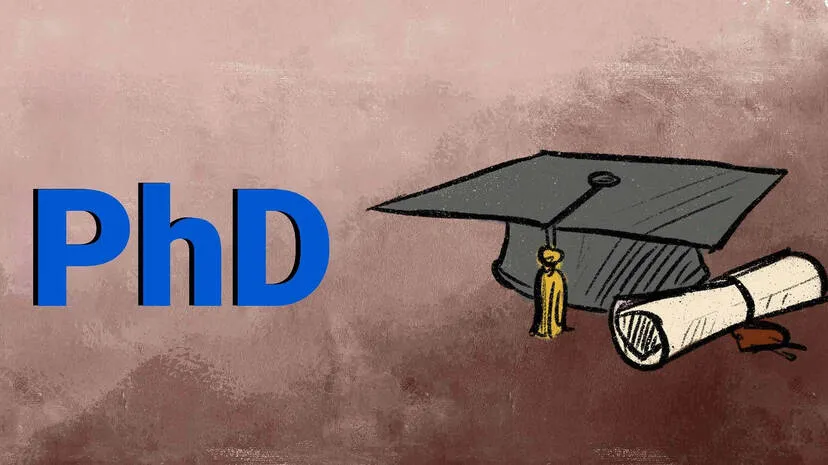

The laws and regulations governing higher education are in place to ensure strict quality standards. These regulations are not compromised for political interests. However, in our state, there have been increasing incidents of universities acting in a biased manner, defying UGC regulations. Members of the Syndicate, Senate, Academic Council, etc., are often affiliated with political parties. Their majority in these committees allows them to bypass rules to suit their agendas. A recent example is the controversial issue related to PhD admissions presented to the Academic Council of the University of Kerala.
The proposal to grant PhD admission to government employees without NET or entrance exam qualifications failed to materialise due to opposition from the Vice Chancellor. Despite knowing that this move was against UGC norms, ruling party members attempted to push it through the Academic Council. Similarly, a proposal to allow teachers with seven years of service in unaided colleges to pursue PhDs without NET or entrance qualifications also failed due to the VC's opposition.
Currently, teachers with seven years of service in government and aided colleges, as well as those working in scientific institutions, are given PhD admissions without NET or entrance qualifications. The demand to extend this benefit to the unaided sector was not fulfilled. The UGC stipulates specific qualifications for research students to maintain quality in the higher education sector. This is to ensure that universities do not dilute UGC norms as they wish. Higher degrees and PhD admissions should not be granted arbitrarily. It is common knowledge that many who have completed their research here are not highly regarded. The move to award PhDs to all PG degree holders without basic qualifications backfired following the VC's intervention.
The VC also denied permission to present a resolution against the UGC draft regulations in the Academic Council. The resolution demanded the repeal of Section 11 of the draft regulations, claiming it was unconstitutional. The council meeting descended into chaos when the VC refused to present the resolution, citing it as against university regulations. Usual protests and walkouts ensued.
University committees were established to foster growth in the higher education sector, but meetings often become arenas for conflict. It is unacceptable for university committees to neglect their duties when there are many other venues for political confrontations.